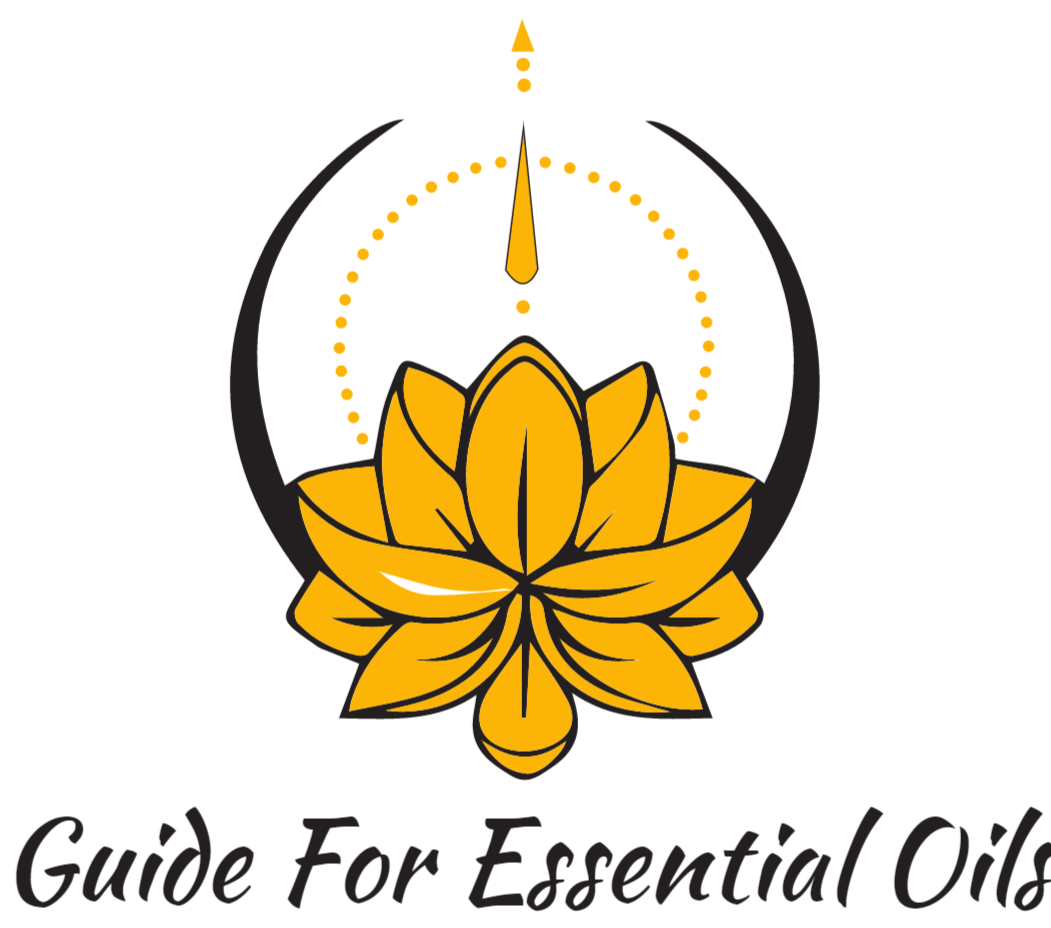
**Affiliate Disclosure**
Please note that some of the links on this site are affiliate links, and at no additional cost to you, we may earn a commission if you decide to make a purchase after clicking through the link. Any commission we make is income for the work put into supplying the information presented on this website.
.
Respiratory Problems
If you’re suffering from a respiratory issue or are experiencing coughing or congestion, essential oils can help. These essential oils are distilled from plants and contain beneficial chemicals that may soothe your throat, reduce inflammation and clear away mucus.
Eucalyptus is a powerful oil with antimicrobial properties that can fight off bacteria that cause respiratory illnesses. Diluting it with boiling water and inhaling the steam is a great way to relieve symptoms.
Eucalyptus
A natural healer, eucalyptus oil is one of the most popular essential oils used for respiratory problems. With anti-bacterial, anti-fungal and anti-inflammatory properties, it can help alleviate a variety of symptoms such as congestion, bronchitis, and sore throats. It also soothes sore muscles and eases joint discomfort, making it a good choice for athletes or people with aging joints.
Eucalyptus essential oil comes from the leaves of the eucalyptus tree, which is native to Australia. It is a popular ingredient in balms, inhalers, and massage blends due to its calming effect.
The leaves of the eucalyptus trees are harvested and steam distilled to extract the essential oil, which contains a fresh, camphoraceous scent that is often described as having hints of lemon or peppermint. There are over 500 different eucalyptus essential oils with various healing benefits and unique aromas.
Known for its purifying, cleaning and clarifying effects, eucalyptus oil can be beneficial to the immune system and may boost energy levels. Its anti-bacterial and anti-fungal properties can also be beneficial to the skin. It can be diluted and applied topically or diffused to the air.
It can be a helpful support for respiratory conditions such as bronchitis, sore throats, and colds, according to the National Institutes of Health. It also helps relieve sinus pressure and soothe irritated skin.
If you are suffering from a cold, try diffusing five drops of eucalyptus or using a homemade vapor rub that includes eucalyptus and peppermint oils. You can also apply a few drops to your temples and chest.
Another great way to enjoy the healing powers of eucalyptus oil is by adding it to your morning shower. Simply add 5 to 10 drops and scatter it on the shower walls away from the water spray.
The invigorating aroma of eucalyptus oil stimulates the senses and helps to clear the mind and improve focus. It can also reduce stress and mood disorders.
Because eucalyptus oil is highly potent, it is important to dilute the oil before applying it to the skin. It should never be put on or near the eyes, nose, or other sensitive areas. It is also best to avoid using eucalyptus oil on infants and children under 2.
Peppermint
Peppermint is an essential oil that can be used to treat respiratory problems such as bronchitis, coughs and colds. It has antimicrobial properties that help break up mucus in the lungs. It also has anti-inflammatory properties that reduce inflammation and ease symptoms of colds.
It can also be used to help soothe headaches and migraines. The menthol content in the oil can ease the pain and promote relaxation. You can use it as a nasal spray or rub it on your chest to help with tension headaches and migraines.
The menthol content in peppermint is also known to relieve congestion, which can be helpful if you’re feeling congested. You can diffuse it to help with breathing issues or add a drop to a bath for some relaxing relief.
As it contains an antihistamine, peppermint can help to relieve nausea. In a study, it was shown that patients who inhaled peppermint oil after surgery experienced significantly less nausea than those who didn’t.
In addition to helping relieve nausea, peppermint essential oil can be used for colds, fevers, headaches and sore throats. It can also be used to soothe itching.
It has been used for thousands of years to treat digestive issues. It is thought that it works by killing bacteria and fungus, which can lead to infections and even cavities. It can be taken orally with a glass of water, added to capsules before meals or applied topically to the abdomen.
Peppermint essential oil can be safely used on the skin when it is properly diluted or diffused, although you should never take it internally in enteric-coated capsules without first speaking to your health care professional. It can be toxic at high doses, especially if you are pregnant or nursing. It may also cause irritation in some people, so you should always check with your doctor before trying it.
Rosemary
Rosemary essential oil is known to be a great way to clear and decongest the respiratory system. It is also a powerful antiseptic and can help to heal colds and other respiratory conditions by helping to reduce inflammation and fight bacteria.
Its main benefits include being an excellent respiratory tonic, as it can help decongest the chest and nasal passages while also being a powerful bronchodilator that helps open up the airways and improve breathing. It can also be used to relieve anxiety and stress and can help improve sleep quality, if inhaled or applied topically.
Another important benefit of rosemary is its ability to increase blood flow and promote circulation. Its antioxidant properties can help to protect the body from oxidative damage and free radicals that can cause inflammation and aging.
In addition, rosemary is rich in manganese, which is a mineral that can boost the immune system and prevent certain types of cancers. It can also help to lower blood pressure and increase metabolism.
Similarly, it is also high in carnosic acid, which is an important antioxidant that can slow the growth of cancer cells. It is also said to have anti-inflammatory properties, which can help to soothe inflammation and decrease the pain associated with arthritis.
As with any aromatherapy treatment, it is important to consult with your doctor before using Rosemary essential oil. It can interact with some medications and is not recommended for use by pregnant or breastfeeding women, as it may harm the fetus.
When it is diluted with a carrier oil, it can be inhaled to ease congestion or taken orally for its anti-inflammatory properties. It can also be added to a diffuser to release its relaxing and uplifting scent.
Aside from being a great natural remedy for respiratory problems, Rosemary essential oil is also a popular ingredient in aromatherapy massage blends and can be used on the skin to reduce redness and wrinkles. The essential oil has strong antioxidant and anti-bacterial properties that can help to slow the aging process by boosting capillaries and tightening loose skin.
Lavender
Your respiratory system is an intricate system that channels oxygen into your body. Each time you take a deep breath, this oxygen flows through your nose and down into your lungs, where it gets distributed to every part of your body.
If you have a respiratory infection or asthma, it can be difficult to get the oxygen that your body needs. But natural habits and practices can help keep your respiratory system healthy.
Essential oils can support a healthy respiratory system by reducing inflammation, fighting bacteria, and opening nasal passages. Some essential oils can also help soothe the throat and reduce mucus buildup.
One of the most popular essential oils is lavender. It is widely used in aromatherapy for its calming effects and anti-inflammatory properties.
It can also suppress the symptoms of bronchial asthma, including tightness in the chest and difficulty breathing. In fact, some studies have shown that lavender oil can be helpful for people who have a history of bronchial asthma and other respiratory problems.
Lavender essential oil contains linanol, a natural compound that has been shown to suppress inflammation in the lung and may help ease bronchial asthma.
Other oils that have similar effects include eucalyptus, tea tree, and orange. Eucalyptus has been shown to help relieve congestion, improve airflow and fight off bacteria. Tea tree essential oil is effective at easing the symptoms of respiratory infections, such as sinusitis, colds, and coughs.
The key to using essential oils for respiratory issues is to find the right blend that works best for you. It can take some trial and error before you find the ideal combination of oils.
Inhaling the oils directly is another effective way to use them for respiratory relief. Adding the oil to an aroma diffuser or diluting it with boiling water and inhaling the steam is a great option.
In conclusion, essential oils are a great way to help treat respiratory problems. Rosemary, lavender, peppermint and eucalyptus are all great options for treating respiratory problems. Each of these essential oils has its own unique properties that can help to reduce inflammation, fight bacteria and break up mucus. With the right combination of essential oils, you can find relief from a variety of respiratory ailments.


